Global networking is becoming increasingly important in all areas of life, and international relations are gaining in significance for the FSVO too.

The international movement of people, animals and goods and the accompanying liberalisation of trade regulations are increasing the risk of diseases being introduced from other countries. Products that do not meet Swiss food safety standards or the international regulations governing trade in endangered species represent a further danger. Establishing globally applicable minimum standards, education and open information-sharing are ways of solving these problems. Specialists from the FSVO play an active role within many international institutions.

Codex Alimentarius
The Codex Alimentarius was established by the World Health Organization (WHO) and the Food and Agriculture Organization (FAO) to promote trade in safe, authentic and correctly labelled foods.
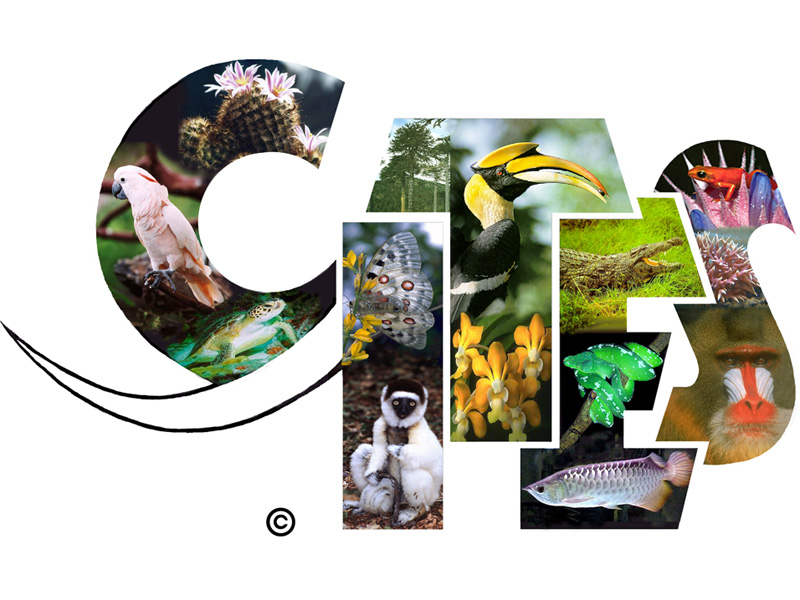
CITES - Wild fauna and flora
CITES, also known as the Washington Convention, is an international trade convention designed to ensure the conservation and sustainable use of our planet's animal and plant populations. As the enforcement authority for CITES, the FSVO plays an important role in protecting and conserving animal and plant species and their habitats.
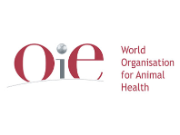
OIE - World Organisation for Animal Health
The World Organisation for Animal Health is an intergovernmental organisation dedicated to improving animal health worldwide. The OIE has also been active for some time in setting standards for animal welfare. The Director of the FSVO is Switzerland's official delegate to the OIE.
Scientific experts are invited to take part in various OIE committees to help produce expert opinions.
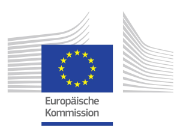
DG SANTE – Directorate General for Health and Food Safety
DG SANTE is a department within the European Commission. Its goal is to make Europe a healthier, safer place. Experts from the FSVO participate as observers in various DG SANTE working groups and standing committees. The following sections within DG SANTE are particularly important for the FSVO:
Food chain:
- Stakeholders and international relations
- Food and animal feed safety
- Health and food audits
- Analysis, crisis management in food, animals and plants
DG SANTE's responsibilities include the Veterinary Agreement between Switzerland and the EU.
In this agreement, Switzerland and the EU acknowledge the equivalence of their respective veterinary regulations governing trade with animals and products of animal origin.
Analogous agreements exist between Switzerland and Norway and Switzerland and New Zealand.
HLG - High Level Group on Nutrition and Physical Activity of the EU (DG SANTE HLG)
Switzerland is a member of this group (High Level Group (HLG) on Nutrition and Physical Activity),
which aims to identify ways of managing risk factors for health that
arise from an unhealthy diet and lack of physical activity.
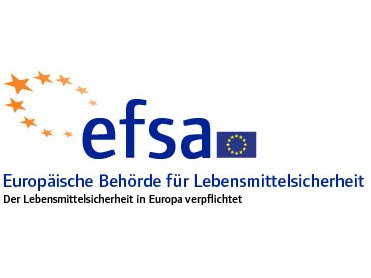
EFSA - European Food Safety Authority
EFSA is the safety authority responsible for evaluating risks associated with food and animal feed in the European Union (EU).
FSVO representatives attend selected meetings as observers and contribute their expert knowledge of toxicology, risk assessment and animal diseases (EFSA).
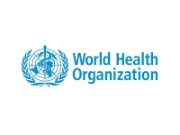
WHO - World Health Organization
The WHO bodies in which Switzerland is involved include the Codex Alimentarius.

European Salt Action Network (ESAN)
The aim of the European Salt Action Network (ESAN) is to promote the sharing of knowledge and data among countries and organizations in the field of salt reduction. The network addresses technological advances in the production of foods that contribute substantially to salt intake, as well as recommendations for communication and monitoring. Switzerland has chaired this network since May 2013.
WHO European Network on reducing marketing pressure on children
The goal of the WHO European Network is to promote the sharing of knowledge in order to reduce the marketing pressure of high salt, energy-dense, micronutrient-poor foods and beverages towards children. Since 2013 Switzerland has been a member of this group, which was founded by Norway in 2008.

IWC - International Whaling Commission
The International Convention for the Regulation of Whaling regulates whaling worldwide and ensures sustainable use of stocks. The FSVO represents Switzerland on the International Whaling Commission (IWC) and is its enforcement authority.
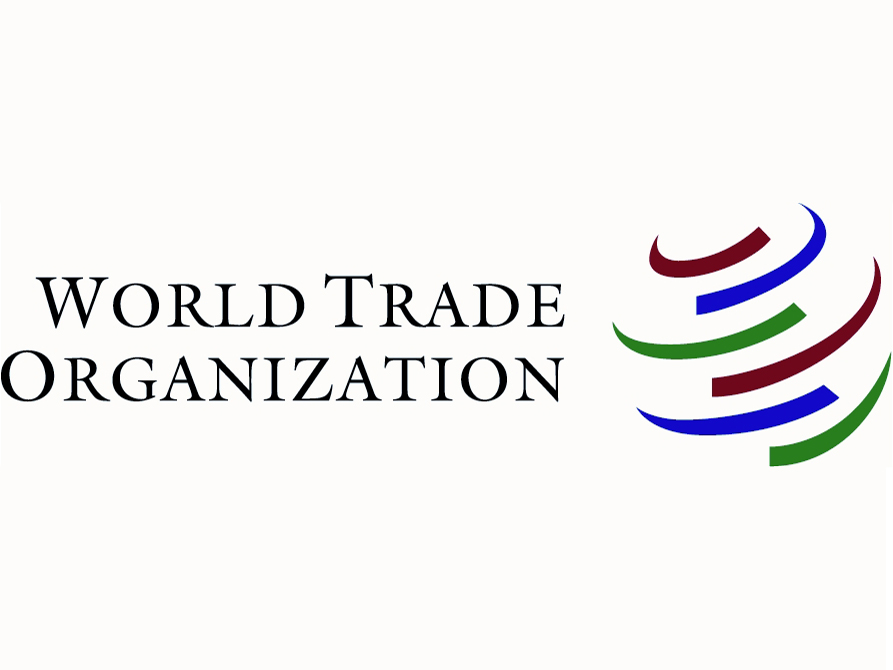
WTO - World Trade Organization
The intention of the WTO Agreement on the Application of Sanitary and Phytosanitary Measures (SPS Agreement) is to prevent protective measures adopted in these areas by individual member states hindering trade more than necessary. The FSVO has the following tasks with respect to the WTO and the SPS Agreement:
The FSVO reviews SPS notifications concerning trade with animals and animal products and submits memoranda when unjustified barriers to trade are announced.
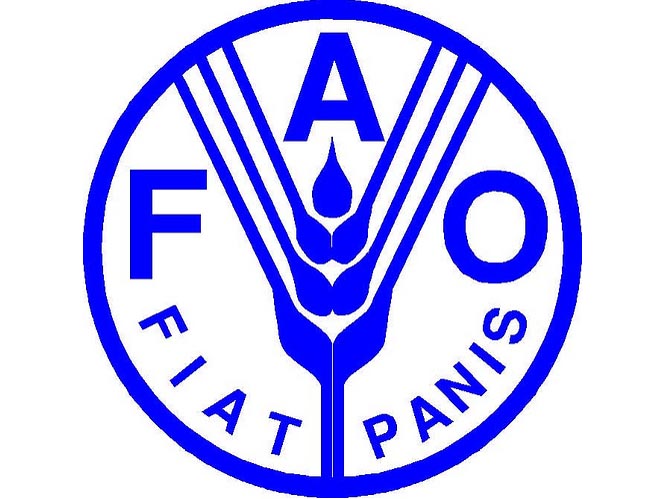
FAO – Food and Agriculture Organization of the United Nations
The FAO is committed to ensuring regular access to adequate high-quality food for everyone. The FSVO represents Switzerland, which is one of 191 member states.
More information
Last modification 30.10.2023




